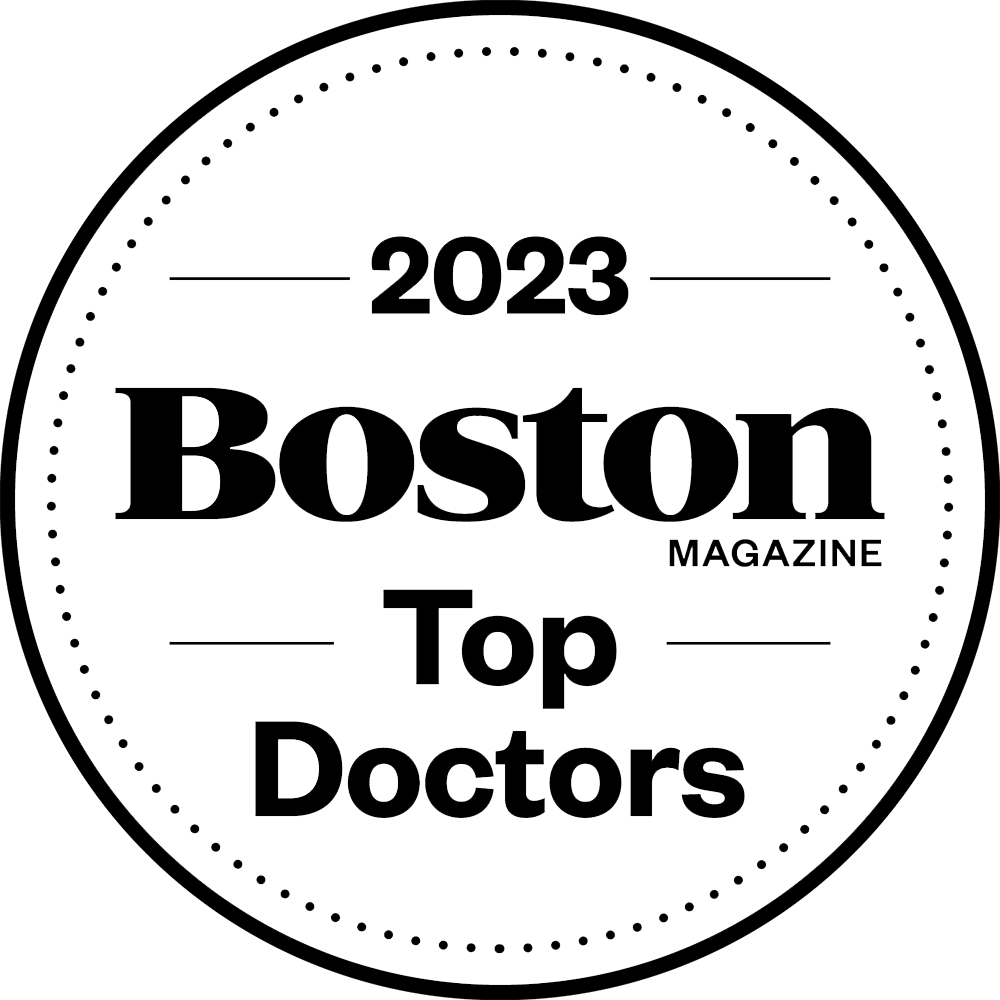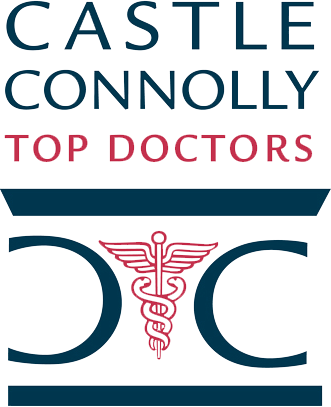Breast cancer is one of the most common cancers diagnosed in women in the United States, second only to skin cancer. While breast cancer can occur in men and women, it’s a lot more common in women. If you find a lump or other changes in your breast, please schedule an appointment with Dr. Calvillo for prompt evaluation to start you breast cancer care in Boston.
What is Breast Cancer?
Breast cancer is a type of cancer that originates in the milk ducts or the lobules (the glands that produce milk). Breast cancer occurs when the cells within the ducts or lobules become abnormal and start growing uncontrollably, even outside the organs where they originated. Thanks to advanced research, medical care, awareness, and early detection, breast cancer survival rates have increased considerably in recent years.


Symptoms of Breast Cancer:
- A lump on the breast tissues
- A thickening sensation on the breast
- Changes in the shape and size of the breast
- Dimpling on the skin of the breast
- A recently inverted nipple
- Scaling, flaking, crusting, or peeling of the areola (the region around the nipple) or breast skin
- Redness on the skin of the breast
- Pitted appearance on the skin of the breast
Risk Factors for Breast Cancer:
- Biological Sex: Females are 100x more likely to develop breast cancer than males. Women with a breast cancer diagnosis will need a plan for breast cancer care in Boston.
- Age: The risk of breast cancer increases as you grow older.
- Family History: You have a higher risk of breast cancer if your close family members (mother, sister, or daughter) have been diagnosed with breast cancer. That’s because 5 out of 10 cases of breast cancer are linked to gene mutations, such as breast cancer gene 1 (BRCA1) and breast cancer gene 2 (BRCA2).
- Ethnicity: Caucasian women are more likely to develop breast cancer than African American or Asian women, but African American women are more likely to develop a subtype of breast cancer known as triple-negative breast cancer.
- Medical History: A prior history of breast cancer or radiation therapy in the breast increases the risk of breast cancer later in your life.
- Hormone Therapy: You have an increased risk of breast cancer if you’ve been exposed to certain drugs, such as Hormone Replacement Therapy (HRT) and others that combine estrogen and progesterone.
- Alcohol Consumption: The risk of breast cancer increases with more than two drinks per day.
- Early Menstruation: You have a higher risk of breast cancer if your menstruation started before 12 years of age.
- Late Menopause: You have a higher risk of breast cancer if your menopause started at an older age.
If you have questions about a breast cancer diagnosis and want help starting a plan for breast cancer care in Boston, call us today for an appointment.
What Causes Breast Cancer?
Breast cancer occurs when some of the cells in the milk ducts or lobules start growing abnormally. Over time, the abnormal cells continue growing and dividing more rapidly than normal cells, leading to a lump or mass on the breast. The cancer cells may also spread to the other breast or other parts of your body via the lymph nodes.

Types of Breast Cancer
Ductal Carcinoma In Situ (DCIS)
Ductal carcinoma in situ is also known as intraductal carcinoma or stage 0 breast cancer. This is a pre-invasive breast cancer wherein the cells lining the ducts have become cancerous but haven’t spread into the surrounding breast tissues. This type of breast cancer is easily cured.
Invasive Ductal Carcinoma (IDC)
Invasive ductal carcinoma (IDC) is the most common type of breast cancer — it accounts for 80% of all breast cancers. This type of breast cancer starts in the walls of the milk duct, spreads into the surrounding tissues, and may spread to other parts of the body. Together we can create a plan for breast cancer care in Boston.
Invasive Lobular Carcinoma (ILC)
Invasive lobular carcinoma (ILC) starts in the lobules, the milk-producing glands in the breasts, from which they can spread to other parts of the body. ILC often leads to cancer in both breasts, and it’s harder to diagnose. This accounts for 10% of all breast cancers.
Triple-Negative Breast Cancer (TNBC)
Triple-negative breast cancer (TNBC) accounts for 15% of all breast cancers. The cancer cells in this type of breast cancer do not produce estrogen, progesterone or HER2 protein so they test negative for the three receptors. Because these cancers do not require hormones to grow, antiestrogen therapy is not indicated so these are treated with chemotherapy.
Inflammatory Breast Cancer (IBC)
Inflammatory breast cancer (IBC) only accounts for up to 5% of all breast cancers. This type of breast cancer often includes symptoms of inflammation, such as swelling and redness. The cancerous cells block the lymph vessels, leading to signs of inflammation.
Paget Disease of the Breast
Paget disease of the breast is an extremely rare cancer that requires breast cancer care in Boston, this type of breast cancer affects the nipples and the surrounding areola. A common symptom of this type of breast cancer is when the pigmented skin around your nipple looks crusty, flaky, or red.
Angiosarcoma of the Breast
Angiosarcoma of the breast accounts for less than 1% of all breast cancers. This type of breast cancer starts in the cells lining the lymph nodes and blood vessels. It’s usually a complication associated with radiation therapy — it can occur up to 10 years after radiation therapy.
Phyllodes Tumors of the Breast
Phyllodes tumors of the breast is a rare type of breast cancer associated with the connective (stromal) tissues. These are usually common amongst women with a rare genetic condition known as Li-Fraumeni syndrome.
Breast Cancer Care in Boston, MA
Dr. Katherina Calvillo is a breast cancer specialist and surgeon with nearly 20 years of experience at Harvard and Dana Farber Cancer Institute. She believes in providing personalized, breast cancer care in Boston. She supports her patients and guides them through every step of the breast cancer diagnosis and treatment process. If you have any of the signs of breast cancer highlighted above, or are looking for breast cancer treatment or surgery options, please schedule an appointment at our medical center in Boston, MA.




